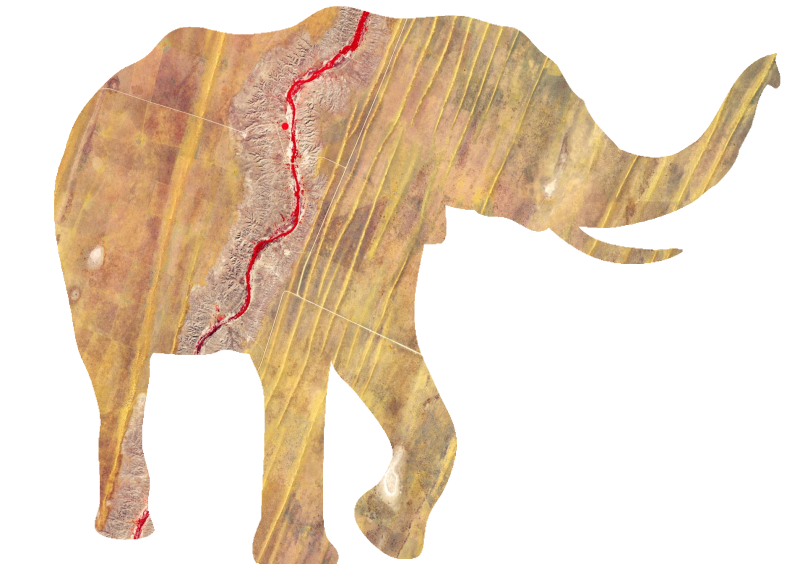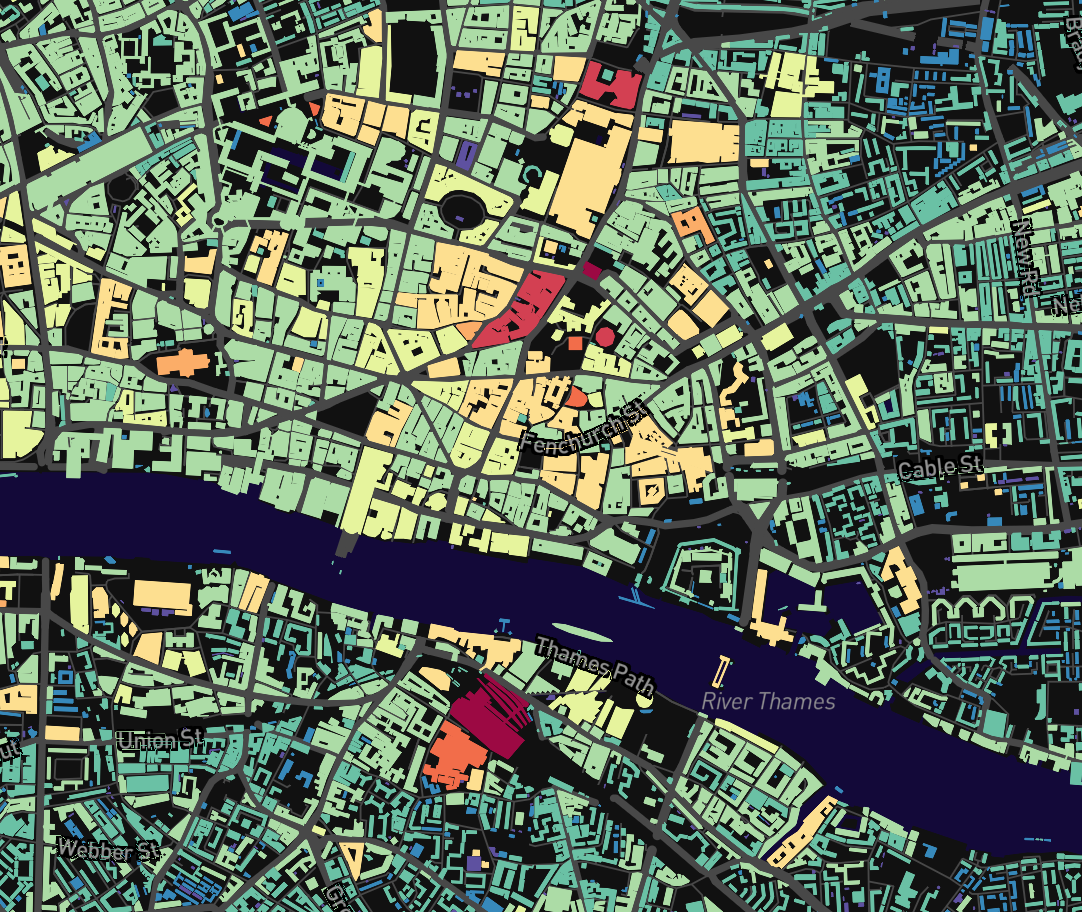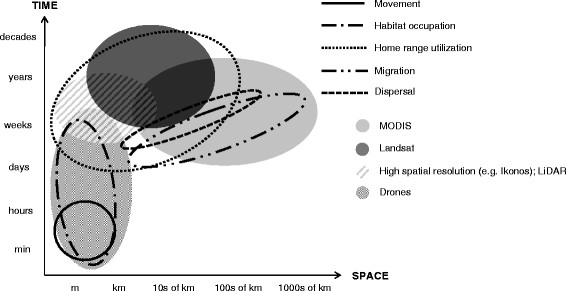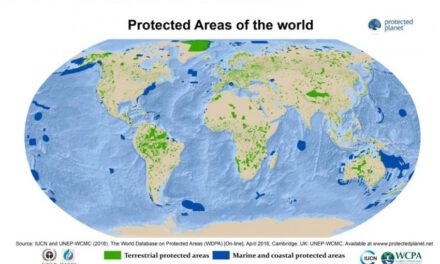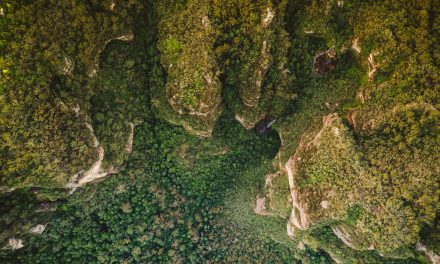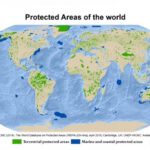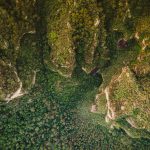There’s news for people working on ecosystem functions and their monitoring: the Ecosystem Function Working Group has been launched by the Group on Earth Observations Biodiversity Observation Network (GEO BON), and the group is looking to expanding its membership.
You may wonder what GEO BON is: GEO BON is an international networking platform part of GEO, the Group on Earth Observations. Within the GEO family, GEO BON represents biodiversity, which is one of GEO’s nine Societal-Benefit-Areas. GEO BON’s mission is to improve the acquisition, coordination and delivery of biodiversity observations and related services to users including decision makers and the scientific community. Its secretariat is hosted by iDiv in Leipzig and supported by the German Science Foundation.
The new working group within GEO BON hopes to research, identify and derive Essential Biodiversity Variables (EBVs) related to ecosystem functions; the group will also work towards highlighting those ecosystem function EBVs relevant to the generation of global biodiversity indicators.
But what are EBVs? The concept of EBVs was originally developed at the request of the Convention on Biological Diversity, following a workshop in 2011. Following multiple discussions across varied groups of stakeholders, EBVs were originally defined as measurements required for studying, reporting and managing biodiversity change. Six classes of EBVs were distinguished: genetic composition, species populations, species traits, community composition, ecosystem structure and ecosystem functions.

EBVs are expected to possess a set of characteristics, which include (1) sensitivity to change over time; (2) a focus on ‘state’ variables (as per the ‘Pressure State Response’ framework routinely used by the Convention on Biological Diversity); and (3) generally falling between low-level (primary) observations and high-level indicators of biodiversity change. Other important characteristics included scalability, technical and economic feasibility for global implementation and usefulness for informing progress toward the Convention on Biological Diversity targets.
The most recently agreed definition of EBV reads as follow: “An EBV is a variable or a group of linked variables that allows quantification of the rate and direction of change in one aspect of the state of biodiversity over time and across space. An EBV is critical for understanding and predicting changes in the most integrated and established global indicators of biodiversity. The following requirements should be fulfilled: EBVs are sensitive to changes; observing or deriving EBVs on a global scale is technically feasible using standardised, proven methods; generating and archiving EBV data is also affordable, mainly relying on coordinated observing systems using proven technologies, taking advantage, where possible, of historical datasets.”
Working groups (such as the Ecosystem Function Working Group) are expected to deliver on four fronts over the coming three years: specifically, this new working group is expected to (1) identify research opportunities (relevant in this case to ecosystem functions) supporting the identification/implementation of EBVs; (2) derive/identify potential datasets; (3) articulate the links between these EBVs and global indicators; and (4) provide guidance to national biodiversity networks in terms of in situ monitoring of these EBVs (through, for example, the production of reports/guidelines).
Admittedly, the creation of the working group doesn’t come with funding to support the work that needs to be done. However, group members can obtain GEO BON support letters for funding applications directly related to the working group aims. Ultimately, the working group represents a networking platform, and so the main benefits to members are knowledge transfer, the potential access to new collaborations, and access to a clear pathway for the generated science to inform global policy and conservation.
So, are you working on ecosystem functions and interested to join? Have some questions? Then just drop me an email (Nathalie.Pettorelli@ioz.ac.uk)! And please do feel free to pass on this information to anyone you think might be interested.
